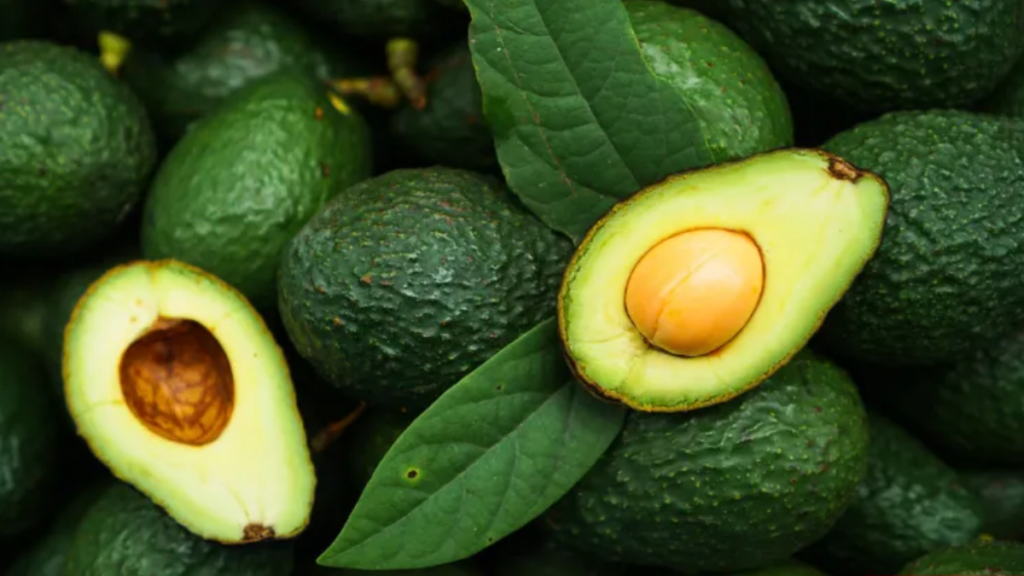Avocados have been grown in Tanzania since the late 19th century, but the recent global demand for this “green gold” has transformed the industry. Tanzania is now Africa’s fourth-largest avocado exporter, after Kenya, South Africa, and Morocco. The country’s avocado exports have risen dramatically—from just over 1,300 tons valued at US$1.9 million in 2013 to more than 36,000 tons worth US$79.8 million in 2024. Despite these gains, the boom hides a troubling issue: widespread avocado waste that is hurting small farmers.
Up to 40% of Tanzania’s avocados are wasted in the domestic market due to damage, pests, or disease. In the export sector, smallholder and large-scale farmers lose between 30% and 50% of their produce because it fails to meet export standards, while commercial farms lose around 10%–20%. A major cause is poor handling during transport—brokers and transporters often compress avocado sacks using their feet, believing unripe fruit cannot be damaged.
Hass avocados, grown for export, must meet strict requirements on size, color, and cleanliness. Domestic varieties, however, spoil quickly because farmers lack cold storage and efficient transport. Before 2016, rejected export avocados were discarded, but some are now redirected to oil processing factories.
The waste disproportionately affects small farmers, especially women who dominate the local avocado trade. Many lack access to training, credit, and infrastructure. Middlemen exploit their position by setting low prices or rejecting fruit arbitrarily. Farmers, desperate to sell before the fruit spoils, often accept whatever price is offered. Meanwhile, exporters and packhouse owners hold greater power, setting prices and enforcing standards that leave smallholders with little room to negotiate.
To address these inequalities, several steps are necessary. Farmer cooperatives and associations should receive more government and institutional support for training in handling, contract negotiation, and quality management. Local governments should work with traders and exporters to establish minimum prices to protect farmers from exploitation. Expanding access to real-time market data can also empower farmers to make better decisions and understand export quality expectations.
Standardizing quality requirements across exporters would reduce rejection rates, while educating brokers and transporters about proper handling could curb waste. Investment in cold storage, transport, and local oil processing facilities would help absorb surplus produce and reduce post-harvest losses.
Tanzania’s avocado industry holds enormous potential, but without tackling waste and inequality, its benefits will continue to bypass the smallholders who sustain it. Sustainable growth requires fairness, transparency, and stronger protection for those at the heart of the green gold rush.

